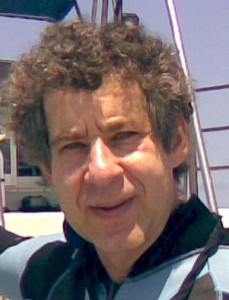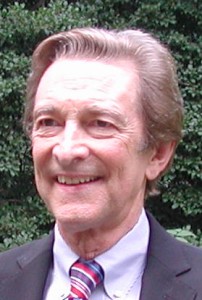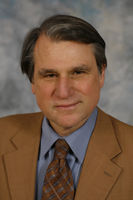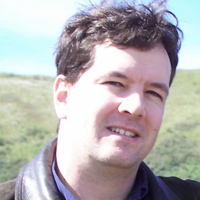 The Small Wars Journal Blog has a post previewing a new book by Andrew Mackay and Steve Tatham. Behavioural Conflict: Why Understanding People and Their Motives Will Prove Decisive in Future Conflict considers how the West's Post Cold War conflicts have been fought amongst people rather than between armies. From publisher's description:
The Small Wars Journal Blog has a post previewing a new book by Andrew Mackay and Steve Tatham. Behavioural Conflict: Why Understanding People and Their Motives Will Prove Decisive in Future Conflict considers how the West's Post Cold War conflicts have been fought amongst people rather than between armies. From publisher's description:
“These people, amongst others, have been Mendes, Kissis and Konos (and the 13 other tribes of Sierra Leone), they have been Serbo-Croats, Bosnians, Kosovars, Albanians, Unizzahs, al-Ribads, al-Zobaids, Kurds, al-Montifig (and the other tribal groups of the nearly 40 that make up Iraq), Pashtuns, Hazaras, Uzbecks (and the other 6 ethnic groupings that make up Afghanistan's rich tapestry of population), they have been Sunni, Shia, Orthodox, Agnostic, Christian, Catholic; they have been farmers, politicians, police, administrators, businessmen, narco khans, war lords, men, women and children. In fact you can divide them in any one of a hundred or so different ways but the only certainty is that all of these groups and people will exhibit behaviour, that may appear utterly irrational but for better or worse will have profound effects upon the manner in which military missions are conducted.”
The book is based on a paper written in 2009 for the Defence Academy of the United Kingdom. The tale of the lone Afghan farmer sowing seeds in a field near the Kajaki Dam should be a warning to those from the developed world who underestimate the intelligence of people just because they don't speak English or have grown up without electricity and running water.
This book will have utility for anyone working in military, peacekeeping, policing or any other other cross cultural situation.








